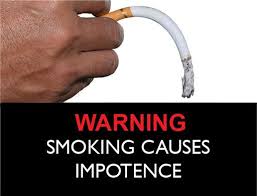
记忆方法
将“impotence”分解为“im-”表示否定,“pot-”与“power”(力量)相关,意为“无力量”或“无法”。可以想象一个无力量的状态,即“impotence”表示“无力”或“阳痿”。
以上内容由AI生成, 仅供参考和借鉴
英语词源
- impotence (n.)
- early 15c., "physical weakness," also "poverty," from Middle French impotence "weakness," from Latin impotentia "lack of control or power," from impotentem (nominative impotens); see impotent. In reference to a want of (male) sexual potency, from c. 1500. The figurative senses of the word in Latin were "violence, fury, unbridled passion." Related: Impotency.
权威例句
- 1. Impotence affects 10 million men in the US alone.
- 仅仅在美国,就有1,000万男子患有阳痿。
- 2. In the midst of his feelings of impotence, a comforting thought arrived.
- 正在他觉得很无奈的时候,一个令人欣慰的想法冒了出来。
- 3. Their discovery could herald a cure for some forms of impotence.
- 他们的发现可能预示着为某些类型的阳痿找到了医治方法。
- 4. His impotence to help made him despair.
- 他无力帮忙,感到很失望.
- 5. We have reduced the enemy to impotence.
- 我们已经使敌人丧失战斗力.